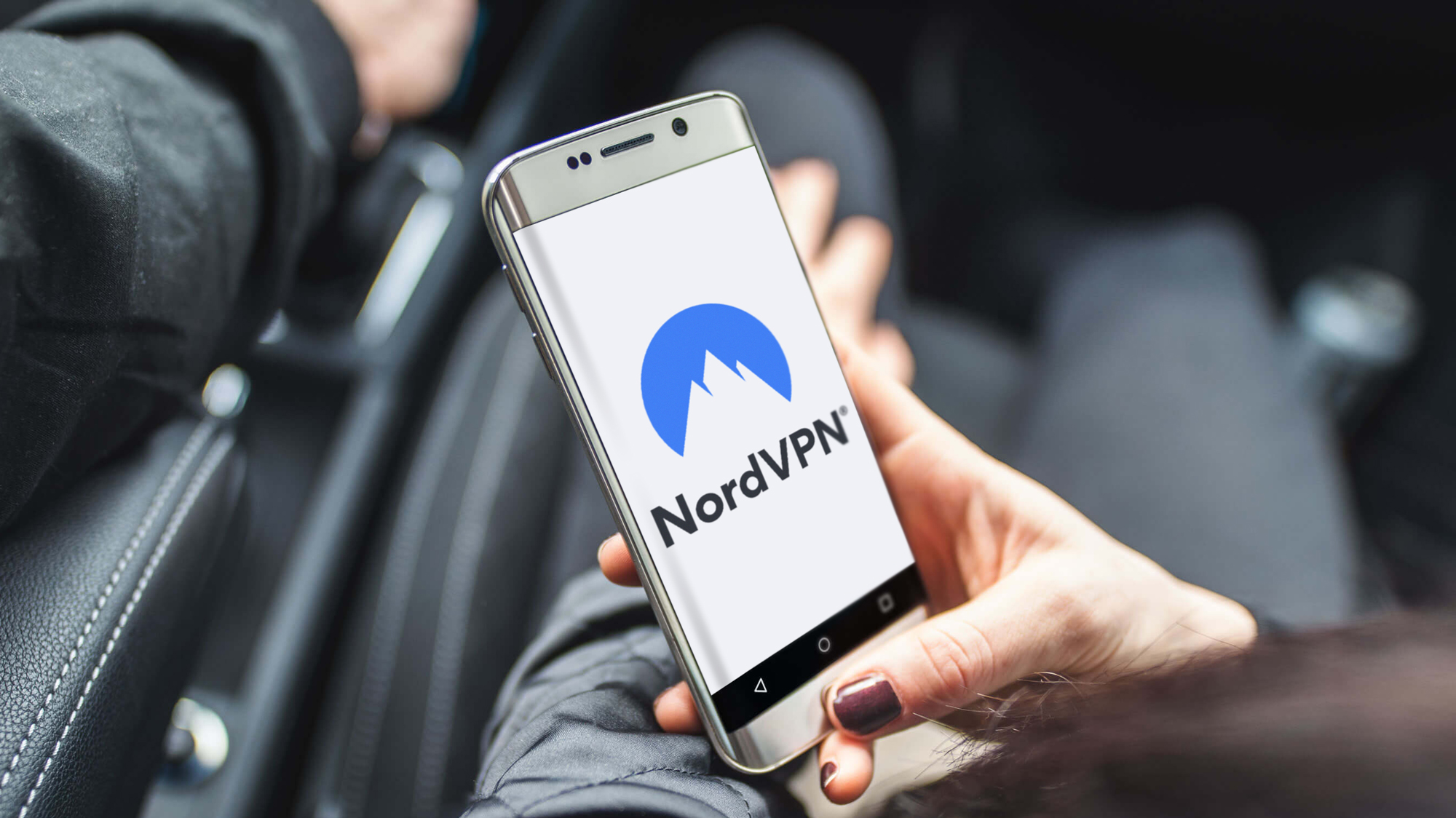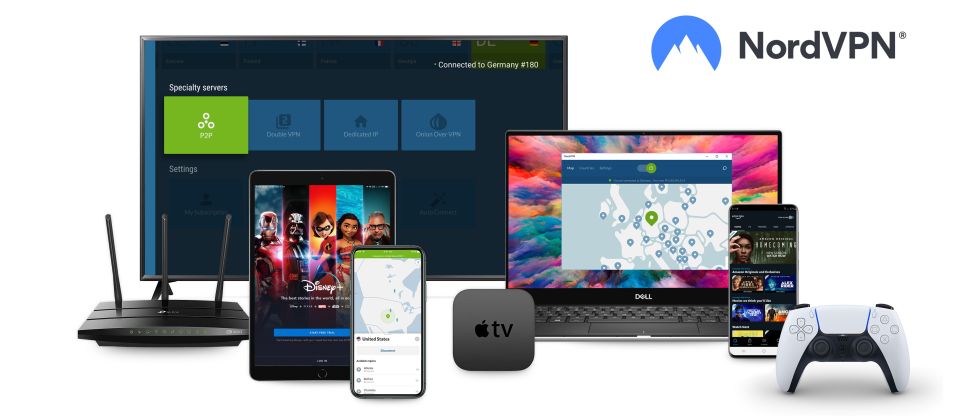When you purchase through links on our site, we may earn an affiliate commission.Heres how it works.
Malwarebytes' researcher, Jerome Segura,recently unveileda malicious ad campaign impersonating the popularNordVPNonBing, theMicrosoft-owned search engine.
It isn’t clear how many attacks have been successfully launched.

The latest NordVPN scam is not an isolated case involving a virtual private connection app, either.
What’s the danger of malvertising?
“Malvertising is neither new nor somehow specific to the VPN industry.

Some providers, like NordVPN, include additional protection likeantivirus, anti-malware, andad-blocker.
This makes you more vulnerable to attacks.
Hence, impersonating a VPN provider’s website is a natural choice for malvertisers.
Even spyware makers are using banner ads online to allow governments to conduct surveillance,TechCrunch reported.
Take the latest fake ad impersonating NordVPN, for example.
The malicious advertiser managed to capture the traffic from Bing searches and redirect users to a cloned scam site.
Like phishing, new technologies have made crafting attacks easier and quicker.
All this means wemustlearn to navigate this infested digital world to avoid drowning in malware.
For instance, in the NordVPN fake ad, the provider’s website was misspelled asnordivpn[.
]xyz.However, the provider uses onlyhttps://nordvpn.com/,https://support.nordvpn.com/, orhttps://nordvpn.org/as website domains.
Another element to be wary of, according to Tyrylyte, is shortened URLs.
Check out our in-depthNordVPN reviewto know more.
The domain age can reveal a scam website, too.
Tyrylyte also recommends looking for a secure connection sign on yourweb browserbar.
Using anad-blockeris an easy way around this, too.
As the name suggests such a tool blocks pop-ups from displaying in web browsers.
At the same time, they also prevent the underlying website from loading the ads in the first place.